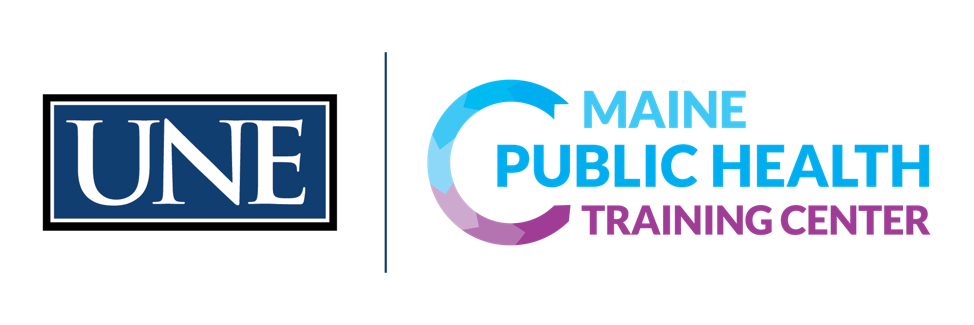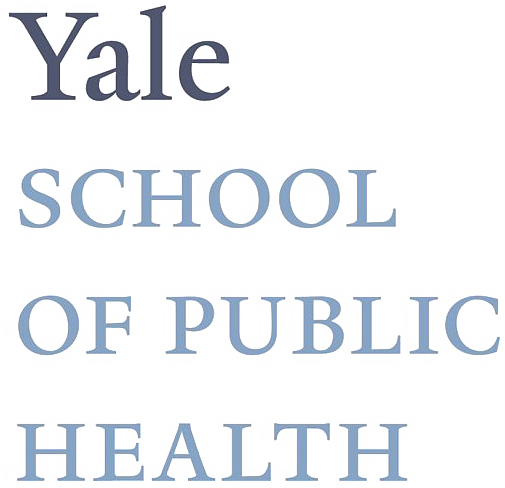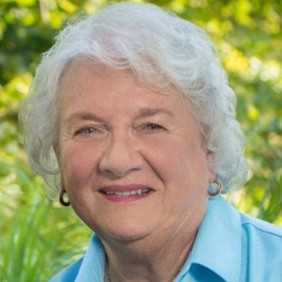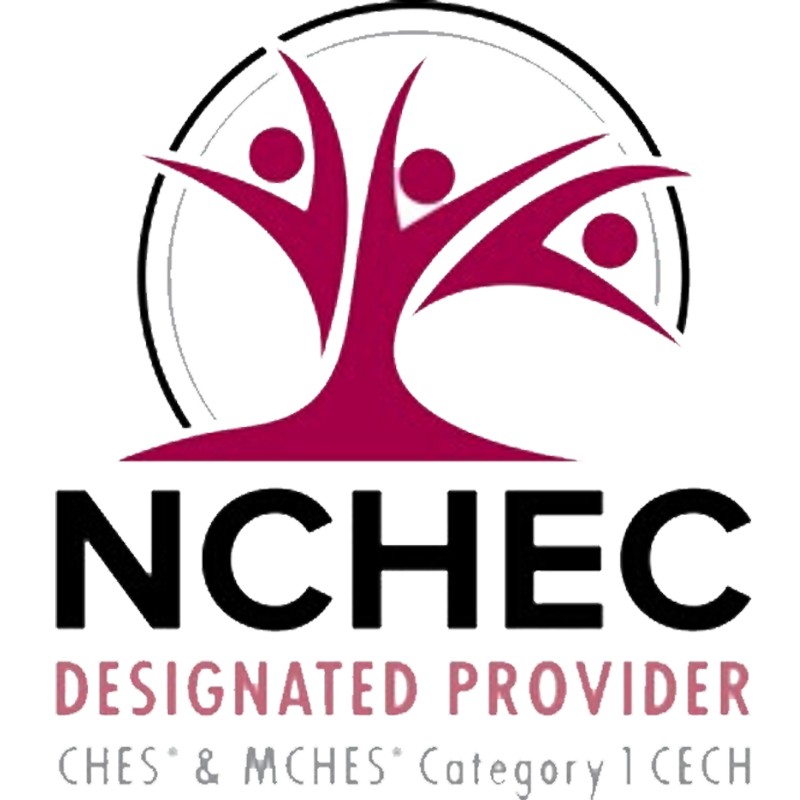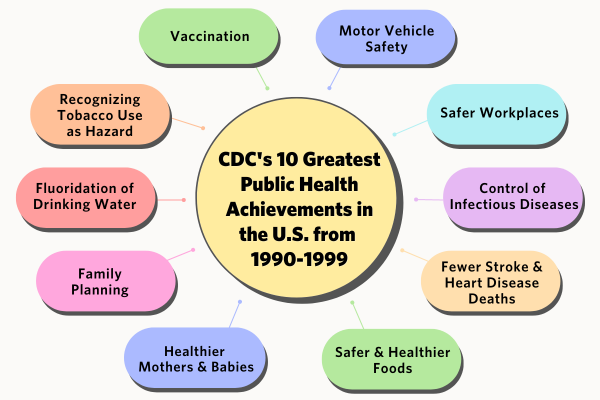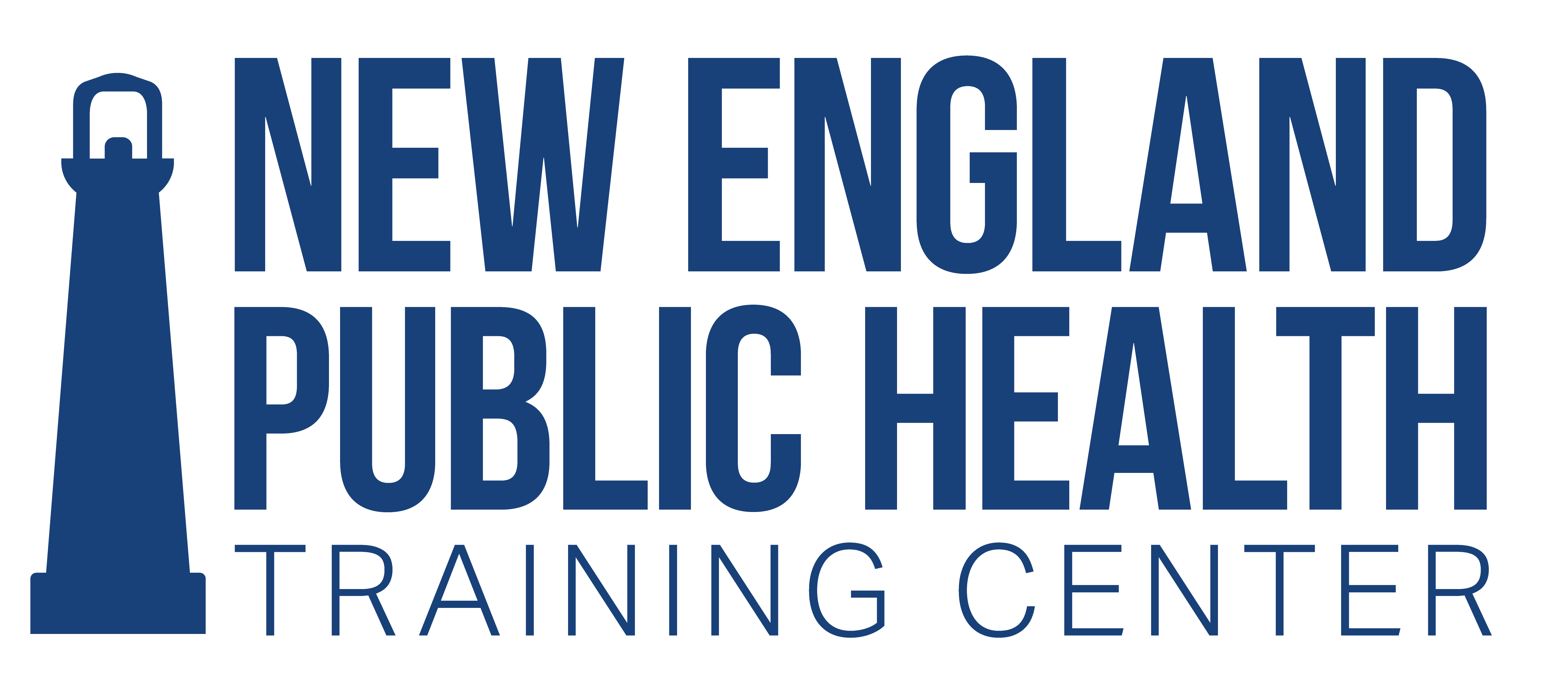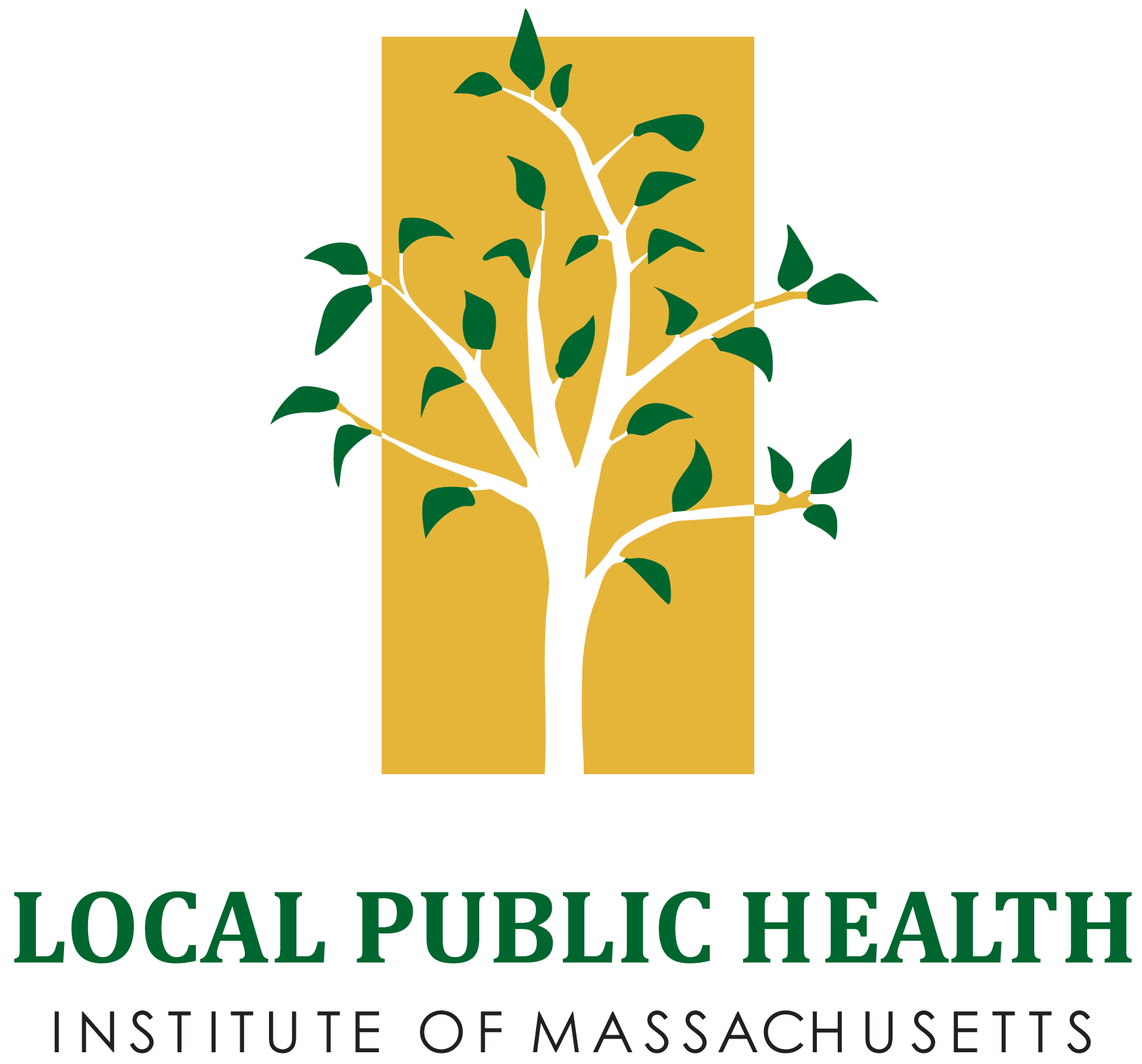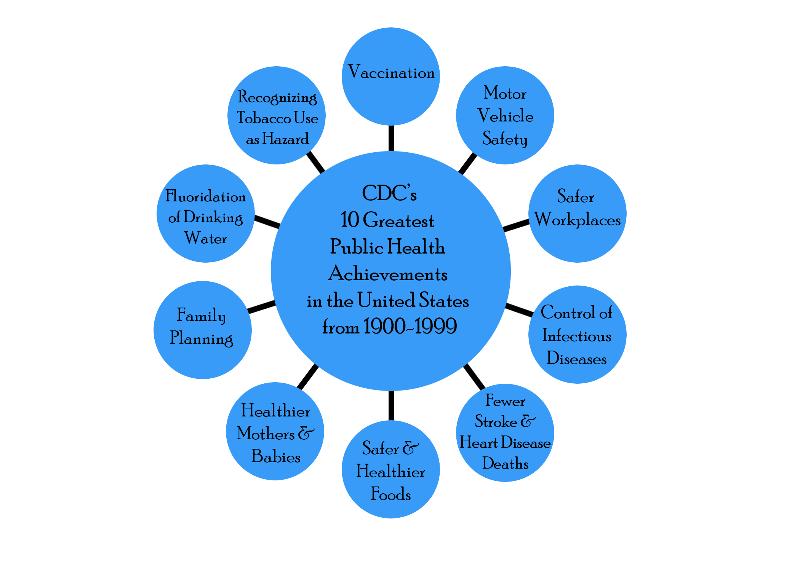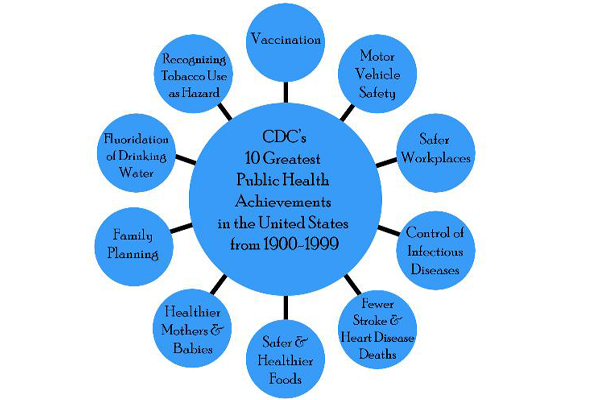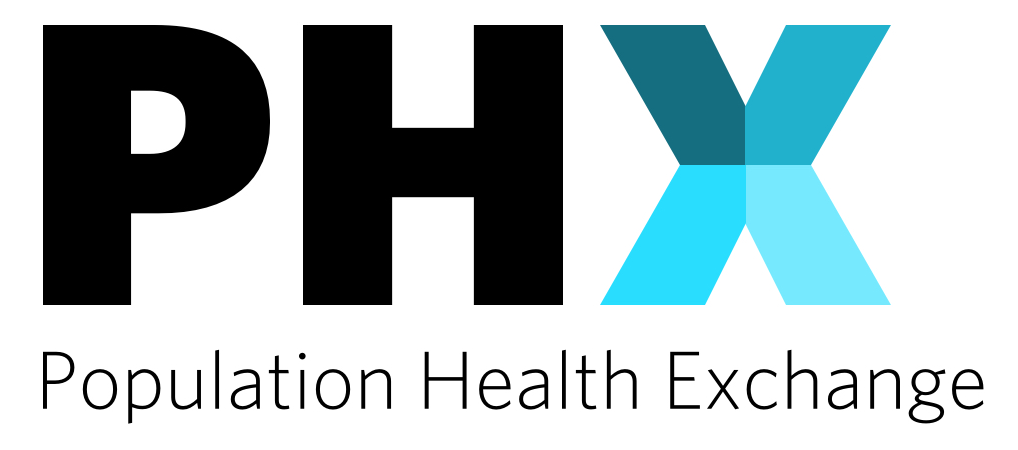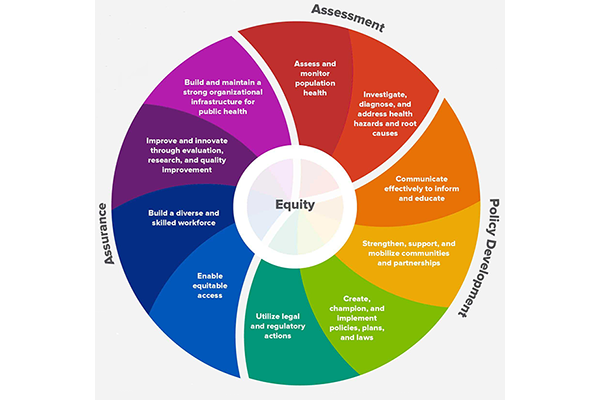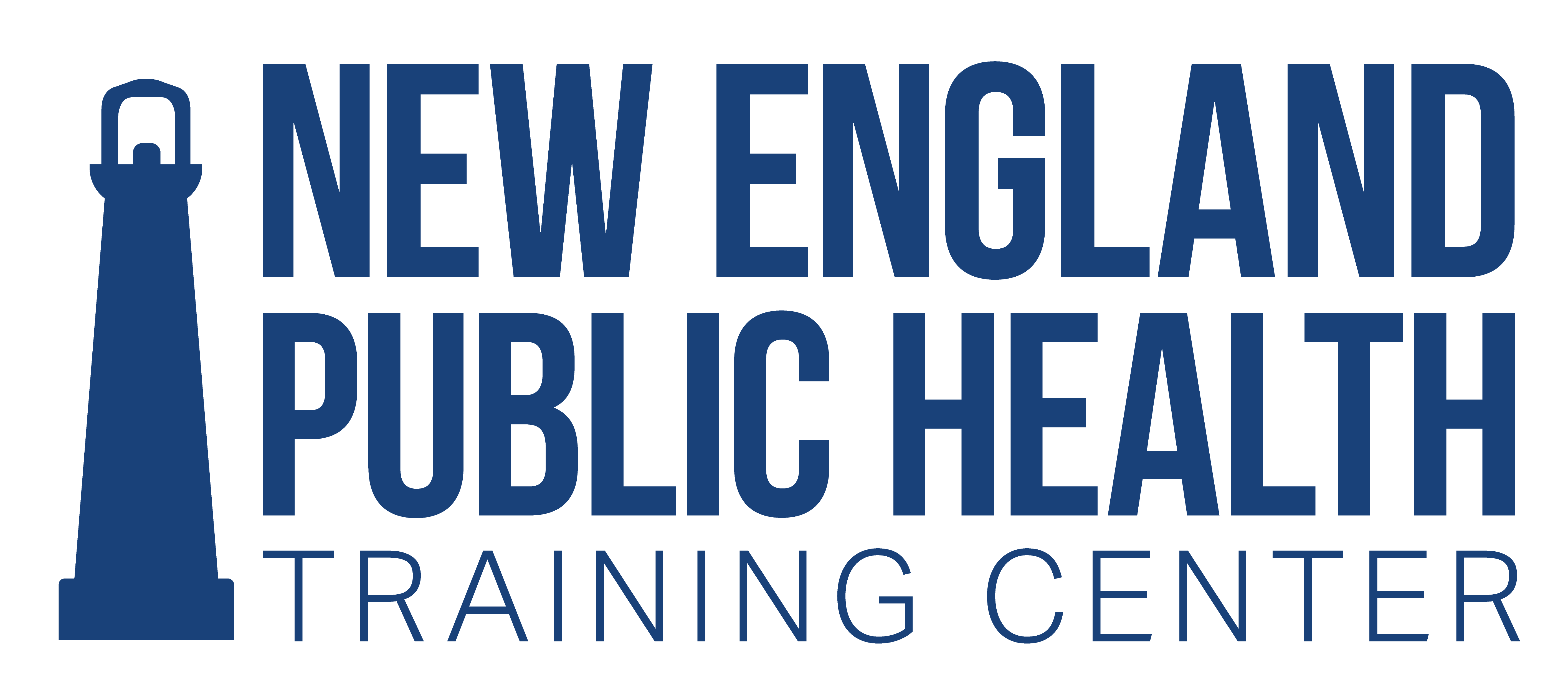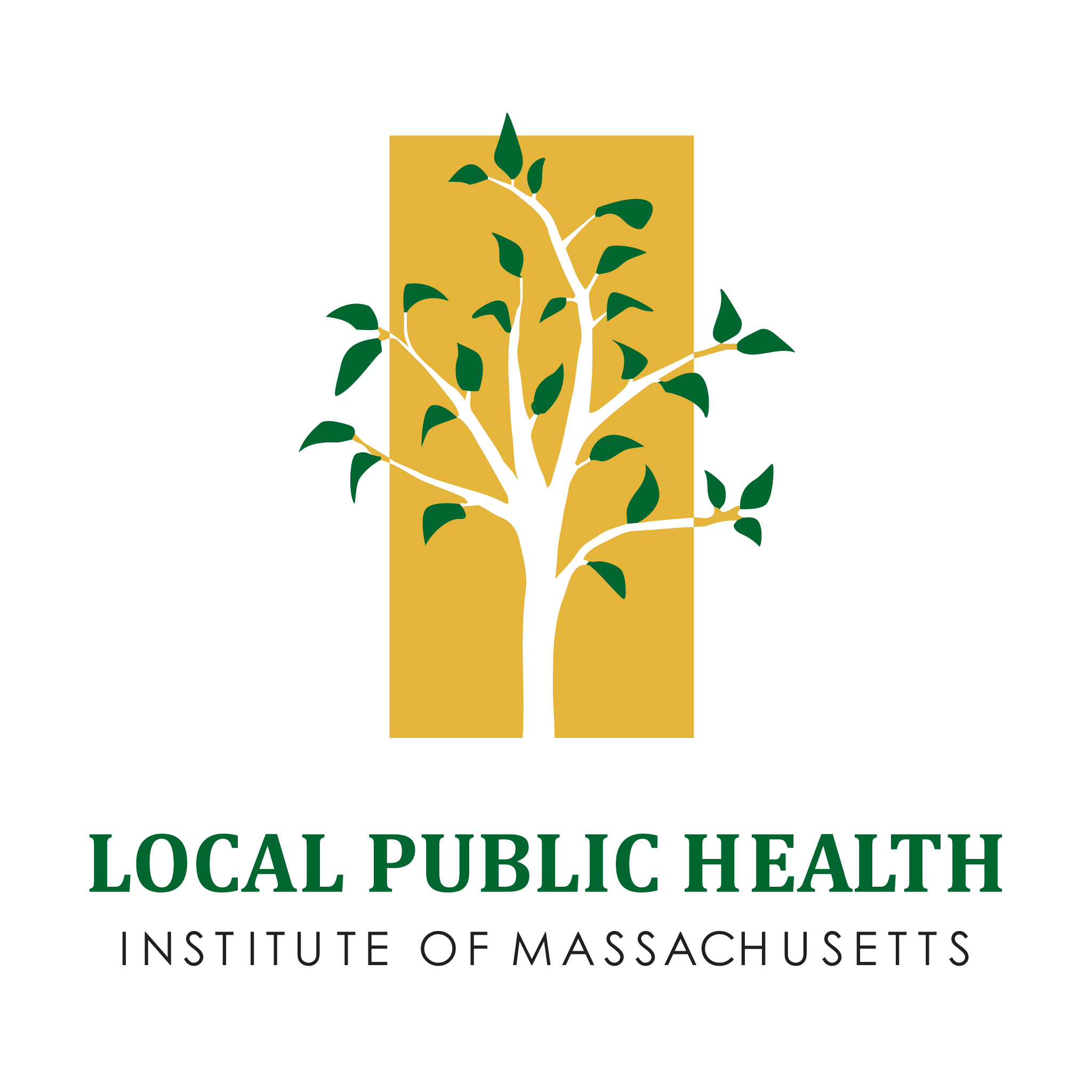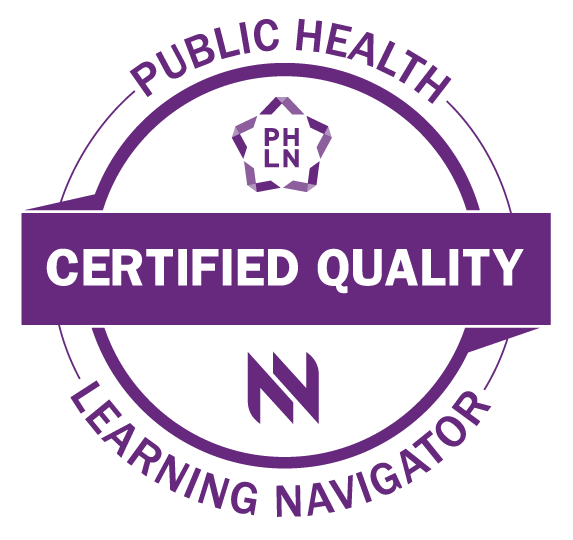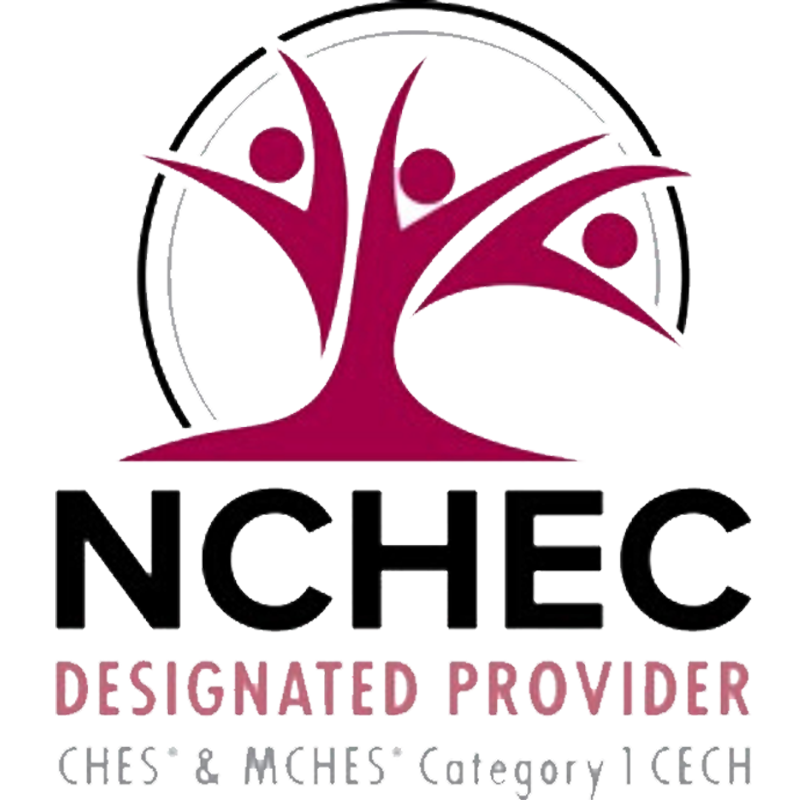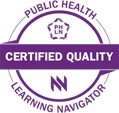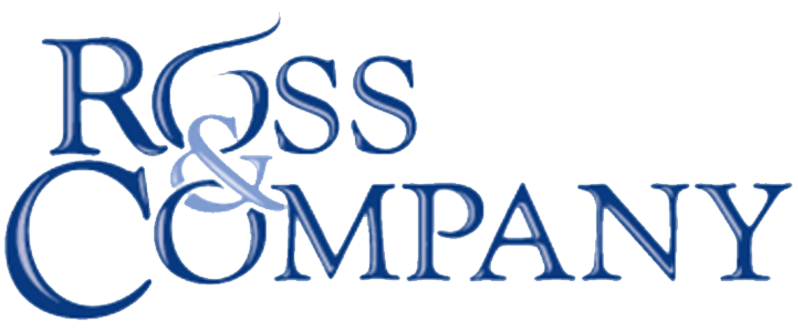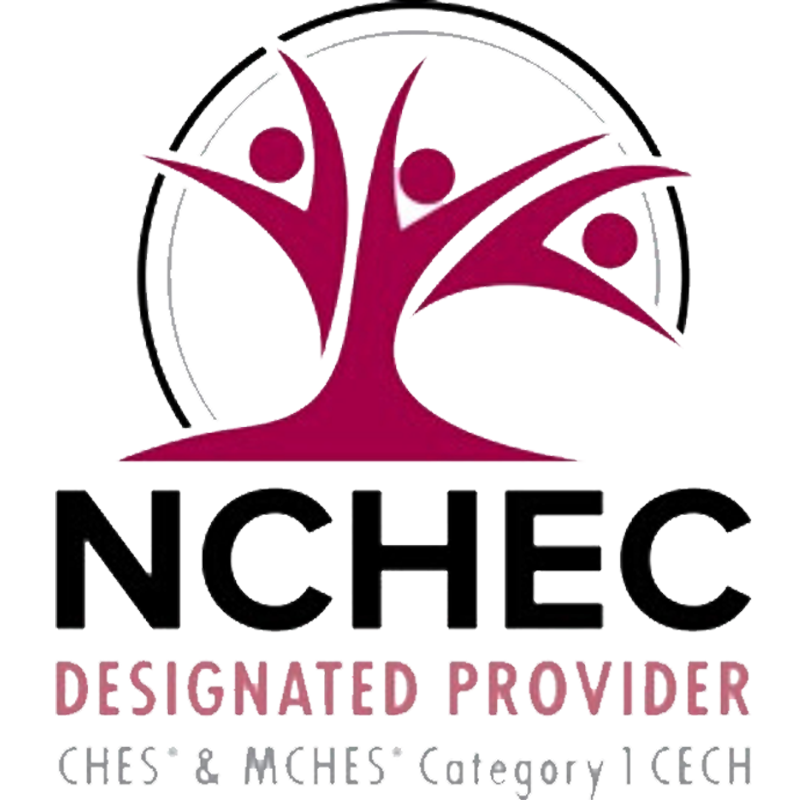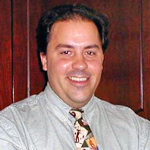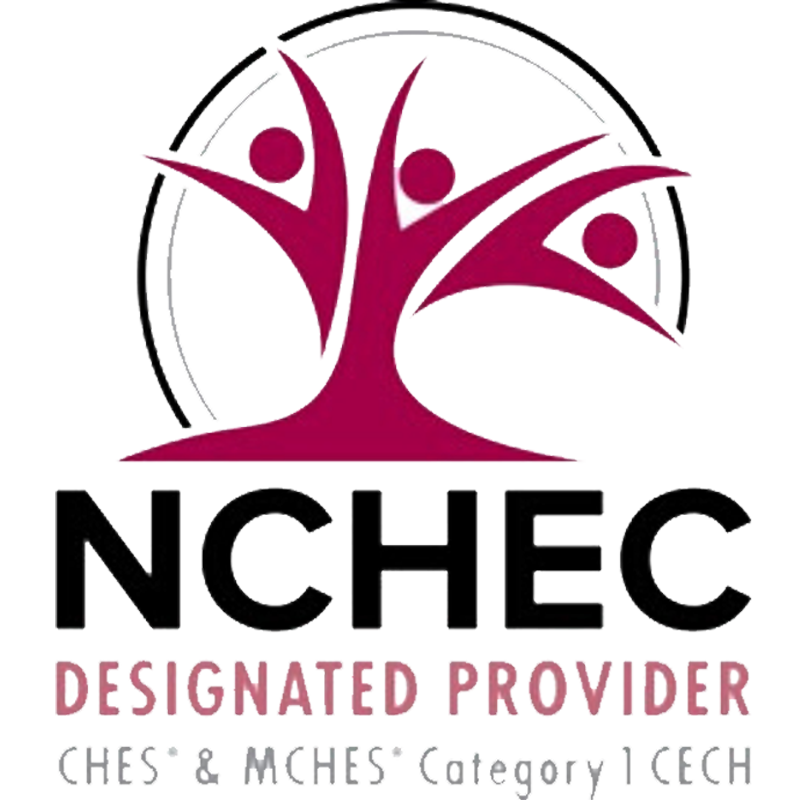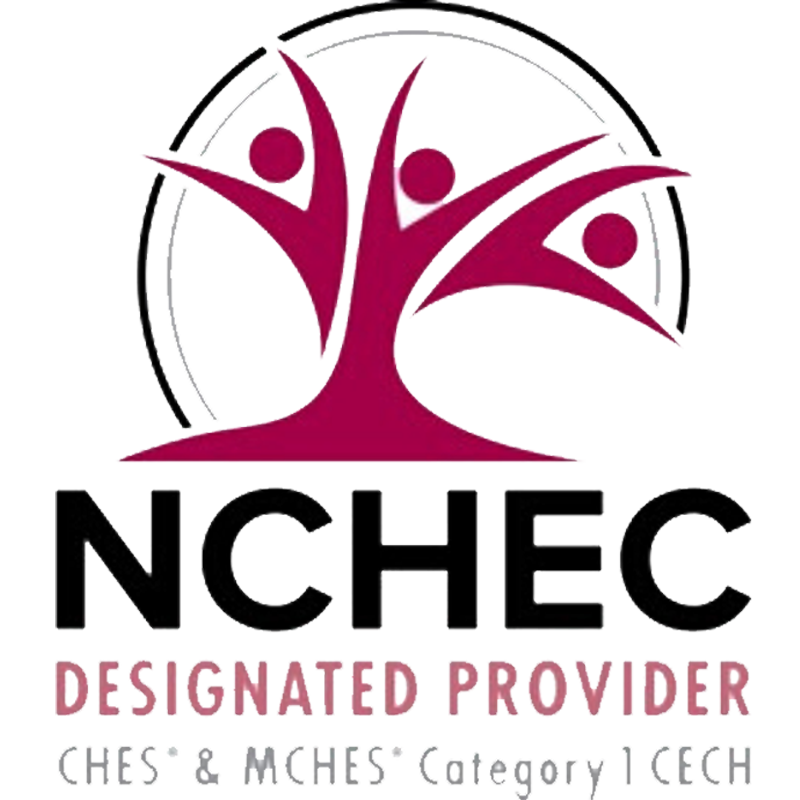
Course Information
- Audience: Public Health Professionals, Public Health Nurses, Community Health Workers
- Format: Self-paced
- Price: Free
- Length: 1 hour
- Credential(s) eligible for contact hours:
Sponsored by New England Public Health Training Center (NEPHTC), a designated provider of continuing education contact hours (CECH) in health education by the National Commission for Health Education Credentialing, Inc. This program is designated for Certified Health Education Specialists (CHES) and/or Master Certified Health Education Specialists (MCHES) to receive up to 1 total Category I continuing education contact hour. Maximum advanced-level continuing education contact hour is 1. Provider ID: 1131137 Event ID: 08122020 .
If you are not seeking a CHES/MCHES contact hours, if you complete the post-test and evaluation, you will receive a Certificate of Completion. The Certificate will include the length of the course. - Competencies:
Policy Development/Program Planning Skills,
Communication Skills,
Public Health Sciences Skills - Learning Level: Awareness
- Companion trainings: Infectious Diseases and Identities : Recognizing and Reducing Stigma in Public Health ( Coming Fall of 2024)
- Pre-requisites: None
- Technical Requirements: None
- Supplemental Materials Reflection guide within course
About this course
Welcome to this course about mpox. Mpox is a growing concern in the United States and around the globe due to its sustained transmission, genetic variability, and potential for severe health complications.
This course is designed to create a heightened awareness among the public health community of the disease and the actions that can be taken to prevent outbreaks, reduce stigma, and educate others.
What you'll learn
After completing this course, you will be able to...
- Analyze the public health significance of mpox, including its epidemiology, transmission dynamics, and societal impact.
- Evaluate the role of education, prevention, and treatment strategies in addressing mpox outbreaks and reducing stigma.
- Critically examine the challenges and opportunities in mpox management, including global and local efforts to control its spread.
- Develop community-focused approaches to improve awareness, reduce misinformation, and enhance preparedness for future mpox outbreaks.
Subject Matter Expert
-

Tom Carpino, MPH
Gordis Teaching Fellow, PhD Candidate,
Infectious Disease Epidemiology, John Hopkins University
Tom Carpino is a teaching fellow and PhD candidate in Infectious Disease Epidemiology at Johns Hopkins University and is supported by the National Institute of Allergies and Infectious Diseases (F31AI178878) to study the epidemiology of mpox in the US. He has a wide set of research interests which includes stigma, emerging infections and outbreaks, and STIs in diverse communities. He is a member of Hopkins’ Center for Public Health and Human Rights.
Prior to his PhD, he earned an MPH from Columbia University in biostatistics and was a co-investigator on several projects to study topics ranging from HIV and Covid-19 to health systems more broadly.
Enrollment and Contact Hours
Select the Enroll button below to register for the course. If you have any trouble accessing the course, contact support@nephtc.org.
Acknowledgement:
This project is/was supported by the Health Resources and Services Administration (HRSA) of the U.S. Department of Health and Human Services (HHS) under grant number UB6HP31685 “Regional Public Health Training Center Program.” This information or content and conclusions are those of the author and should not be construed as the official position or policy of, nor should any endorsements be inferred by HRSA, HHS or the U.S. Government.
* Yale School of Public Health, Office of Public Health Practice, a New England Public Health Training Center partner, is a designated provider of continuing education contact hours (CECH) in health education by the National Commission for Health Education Credentialing, Inc. All CHES credit inquiries are managed by YSPH








